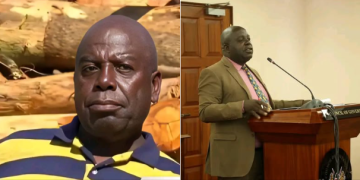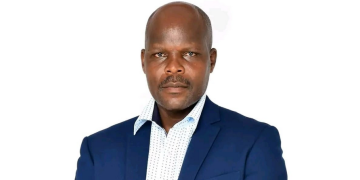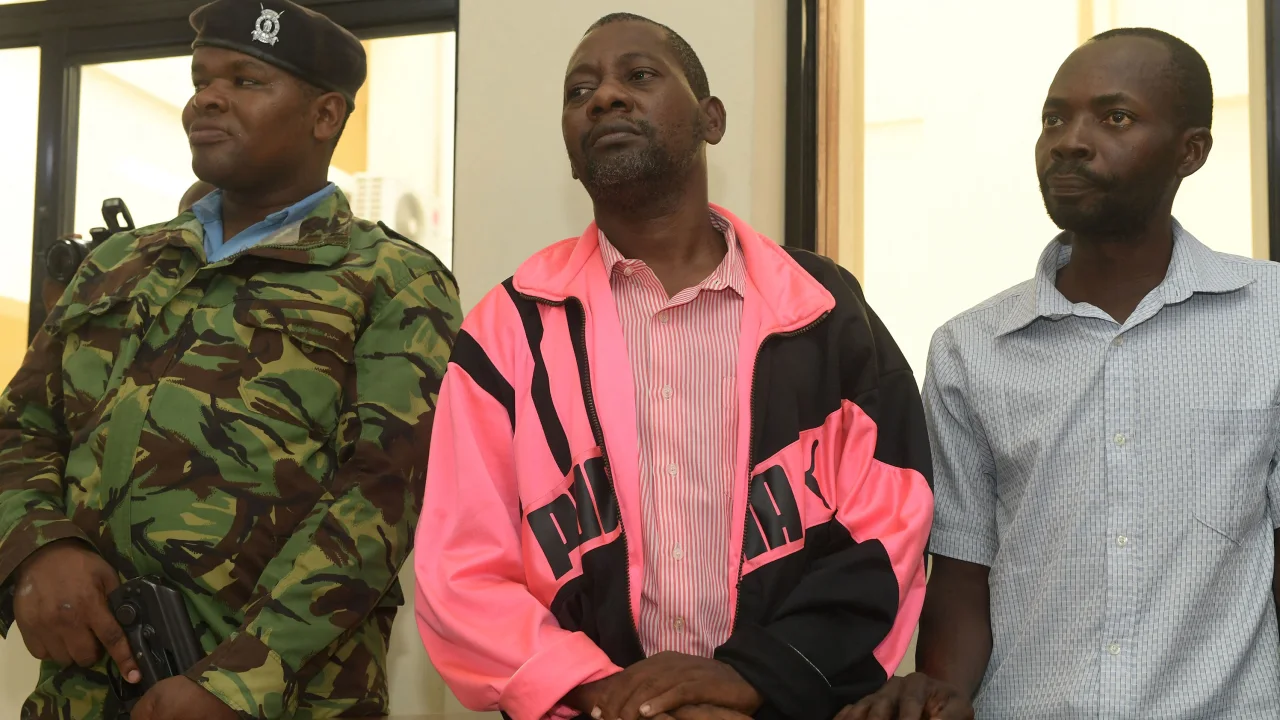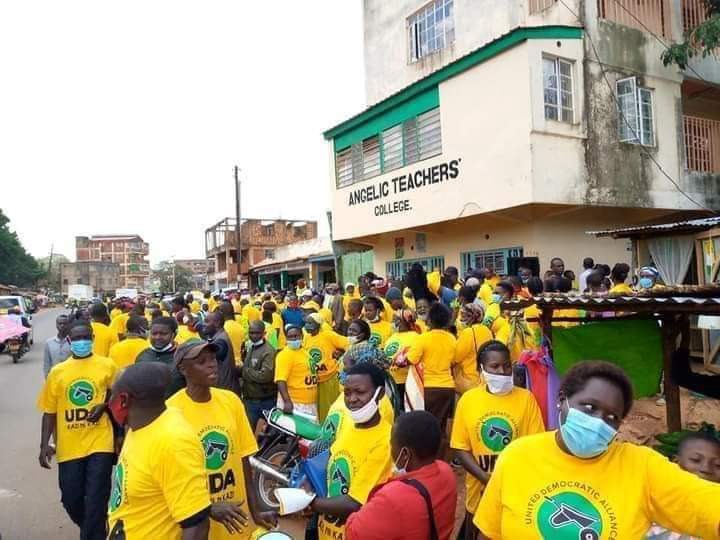Suspected Kilifi cult leader Paul Mackenzie has now blamed his legal problems to the Kenyan media.
Speaking in court, Mr. Mackenzie charged that the media had not done enough to go deeper into the issues surrounding the exhumation of bodies in Shakahola Forest.
“I also desire to know why I am behind bars. I haven’t known until know. The message I can tell Kenyans is that I rebuke the media in Kenya. You are against me.
You are misleading Kenyans because you have not investigated deeper about what happened but you are broadcasting things that even I don’t know about or what I did. Which is wrong,” Mr Mackenzie said.
New documents supplied to the court indicate that Mackenzie praised those who were dying as heroes and encouraged many to keep on fasting and dying claiming the end times had come.
“Mackenzie presided over the burials, which he referred to as harusi (wedding) and the deceased were referred to as shujaas (heroes).
These facts go to the strengths of evidence against Mackenzie and his accomplices,” said Chief Inspector Raphael Wanjohi, the lead investigator in the Shakahola massacre.
Mackenzie was arrested in April after police received a tipoff that his land on the Shakahola forest in the Kilifi County of eastern Kenya contained mass graves.
According to court documents, investigators have so far found 249 bodies and at least 10 mass graves in the Shakahola forest area.

Mackenzie who appeared before the magistrate’s court in Mombasa, told CNN’s David McKenzie that he had “never seen anybody starving” when asked about accusations that followers of his group had starved their children following his instructions.
In court documents dated Friday, the state prosecutor said it would seek to extend the respondents’ custody period by a further 60 days.
The prosecutor has maintained that the “extended period of 60 days is the least period possible within which investigations are to be completed under the prevailing circumstances.”
The prosecutor is also arguing that there are “compelling reasons” to deny the respondents bail, including evidence gathered thus far which “demonstrates a high likelihood of serious charges against the accused.”











































